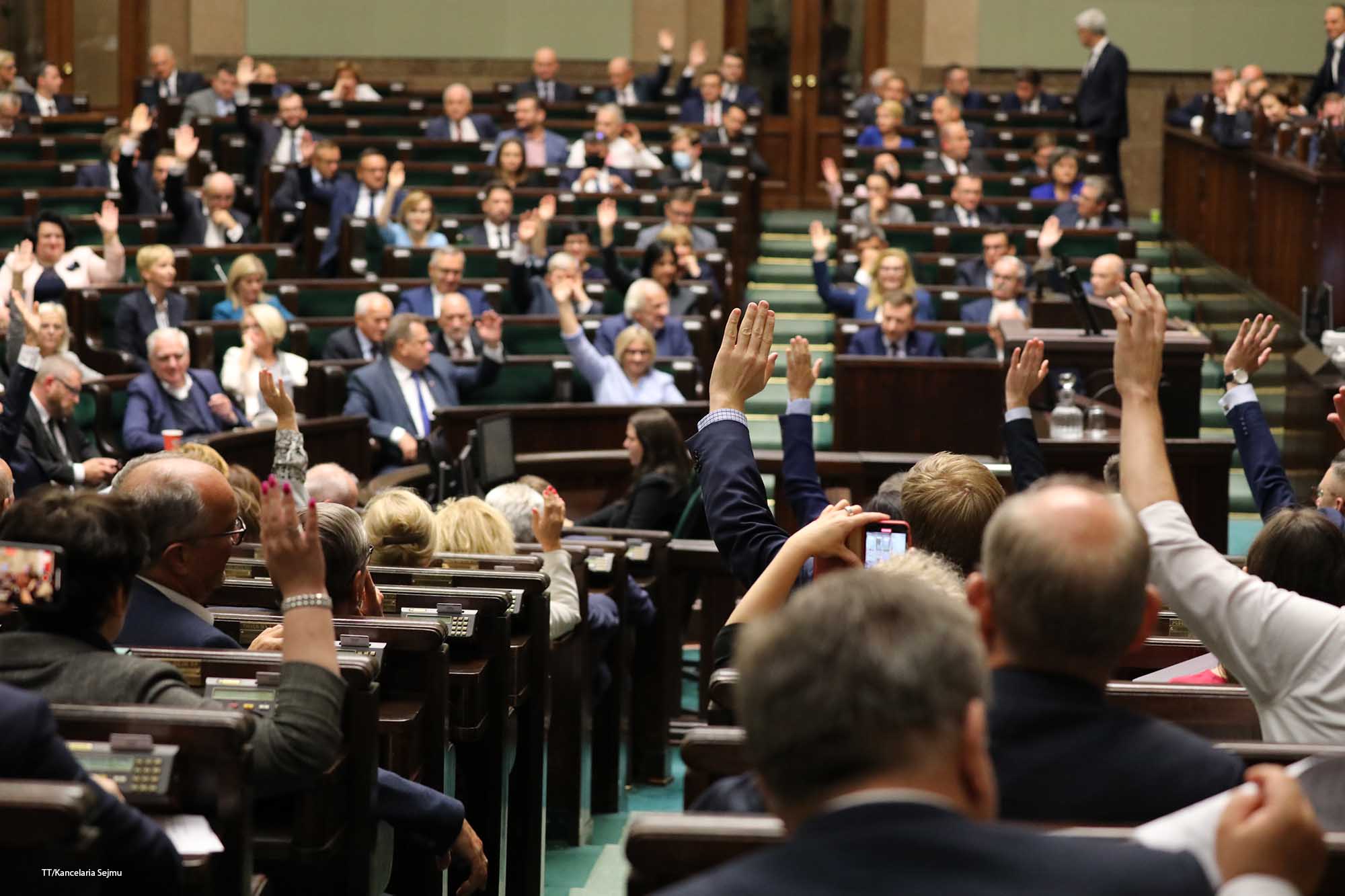This autumn’s parliamentary elections in Poland may prove to be inconclusive and lead to another election in the near future.
This last happened back in 2005 when those elections resulted in a minority government formed by the conservative Law and Justice (PiS) and a few months later an unruly coalition with anti-EU right-wing and left-wing populists that ended in early elections in 2007.
The conservatives lost that election despite polling 2 million more votes than they had managed in 2005. The reason for the defeat was that the liberal Civic Platform (PO) led by Donald Tusk more than doubled its vote and was able to create a stable majority with the centrist Polish People’s Party (PSL), which governed Poland for the next 8 years.
Those familiar with the events of 2005 may experience a touch of déjà-vu this autumn. Even if PiS gets the largest number of seats, it is unlikely to achieve the overall majorities it won in 2015 and 2019.
That means that PiS will have to seek a coalition with Confederation. The trouble is that Confederation has ruled out that prospect because they fear they would lose support if they were to keep PiS in power.
Since a coalition between PiS and Confederation is improbable, the PiS president, Jarosław Kaczyński, is under pressure to find another way out, or he and his party will end up in opposition. The vision of losing all those posts in public administration, public companies, and public media has led to a rush for places on the election slates by many ruling party activists. But this bitter struggle for the best positions is not helping to focus on the electorate.
If the liberal opposition, with its centrist and leftist allies, fails to gain a majority as the opinion polls indicate, it will only be able to form a minority administration. The resulting government will be hostage not only to Confederation but also to a hostile president and the constitutional court.
This makes early elections more than likely. Poland has enjoyed 16 years of stable government. That period may be coming to an end, and the country may have to study not only its experience in 2005 and 2007, but hope it avoids the scenarios that were recently played out in Israel and Bulgaria.






